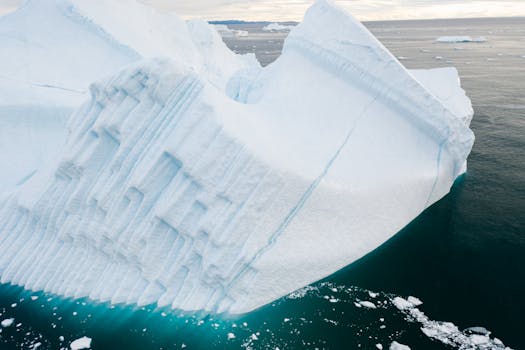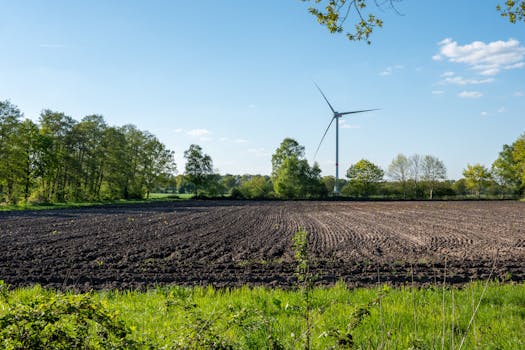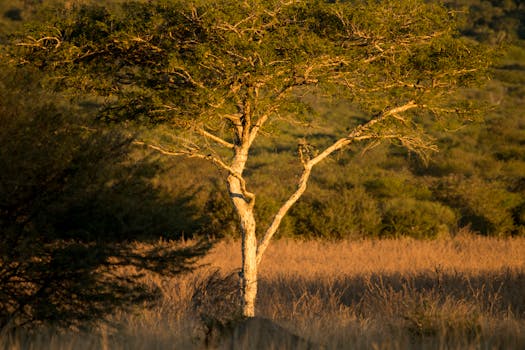
The Impact of Climate Change on Global Ecosystems: Climate Change
Climate change is one of the most pressing issues of our time, with far-reaching consequences for our planet’s ecosystems. Rising temperatures, more frequent natural disasters, and changing weather patterns are all having a profound impact on the health of our ecosystems. In this article, we’ll explore the effects of climate change on global ecosystems and what we can do to mitigate its effects.
The Effects of Climate Change on Ecosystems

Climate change is affecting ecosystems in a variety of ways. Rising temperatures are causing melting of polar ice caps, leading to rising sea levels and more frequent coastal flooding. This, in turn, is threatening the habitats of many plant and animal species that live in these areas. More frequent and intense natural disasters, such as hurricanes and wildfires, are also having a devastating impact on ecosystems.
Consequences for Biodiversity

One of the most significant consequences of climate change is the loss of biodiversity. As ecosystems are disrupted, many plant and animal species are struggling to survive. This can have a ripple effect throughout entire ecosystems, leading to the loss of ecosystem services such as pollination, pest control, and nutrient cycling.
What Can We Do to Mitigate the Effects of Climate Change?

There are many steps that we can take to mitigate the effects of climate change on ecosystems. Reducing our carbon footprint, conserving water, and protecting natural habitats are all important ways to help reduce the impact of climate change. Additionally, supporting organizations that work to protect and restore ecosystems can also make a big difference.
Conclusion

In conclusion, the impact of climate change on global ecosystems is a pressing issue that requires immediate attention. By understanding the effects of climate change and taking steps to mitigate its effects, we can help to protect the health of our planet’s ecosystems and ensure a sustainable future for all.




